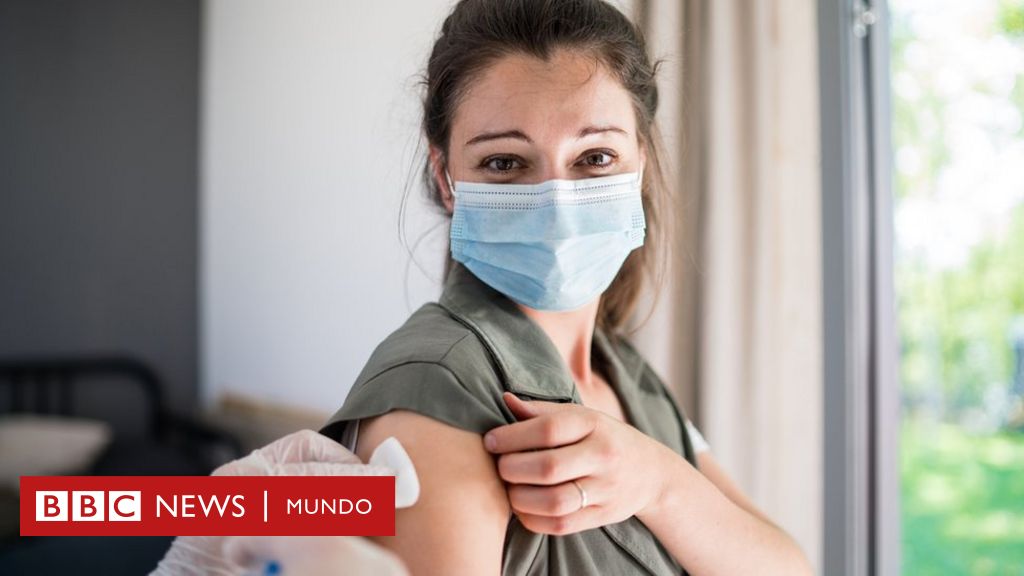- Drafting
- BBC World News
—
2 hours
Image source, Getty
—
Even after getting vaccinated, you must continue to take precautions.
–
The message from the authorities and specialists is clear: getting vaccinated is an effective way to combat the covid-19 pandemic.
–
But what exactly does it mean to be vaccinated? protection type who have already received their full dose?
–
At this moment in the world there are at least 9 vaccines that have been shown to be highly effective to prevent the disease caused by the SARS-CoV-2 virus.
–
This means that if a vaccinated person gets the virus, they will have less likely developing symptoms or becoming seriously ill.
–
What is not yet clear, however, is whether the vaccine achieves avoid contagion.
–
In summary: it is not yet known if the vaccine prevents you from getting infected, what is known is that if you get vaccinated and then you get infected, probably you are not going to get sick.
–
Let’s see why this happens and why it is important keep precautions even after receiving the vaccine.
–
What kind of protection do vaccines offer against covid-19?
There are two main types of immunity that you can achieve with vaccines.
–
One is the call “effective immunity”, which can prevent a pathogen from causing serious illness, but cannot prevent it from entering the body or making more copies of itself.
–
The other is the “sterilizing immunity”, which can prevent infection and even prevent asymptomatic cases.
–
Ideally, a vaccine can produce sterilizing immunity, but rarely achieved.
–
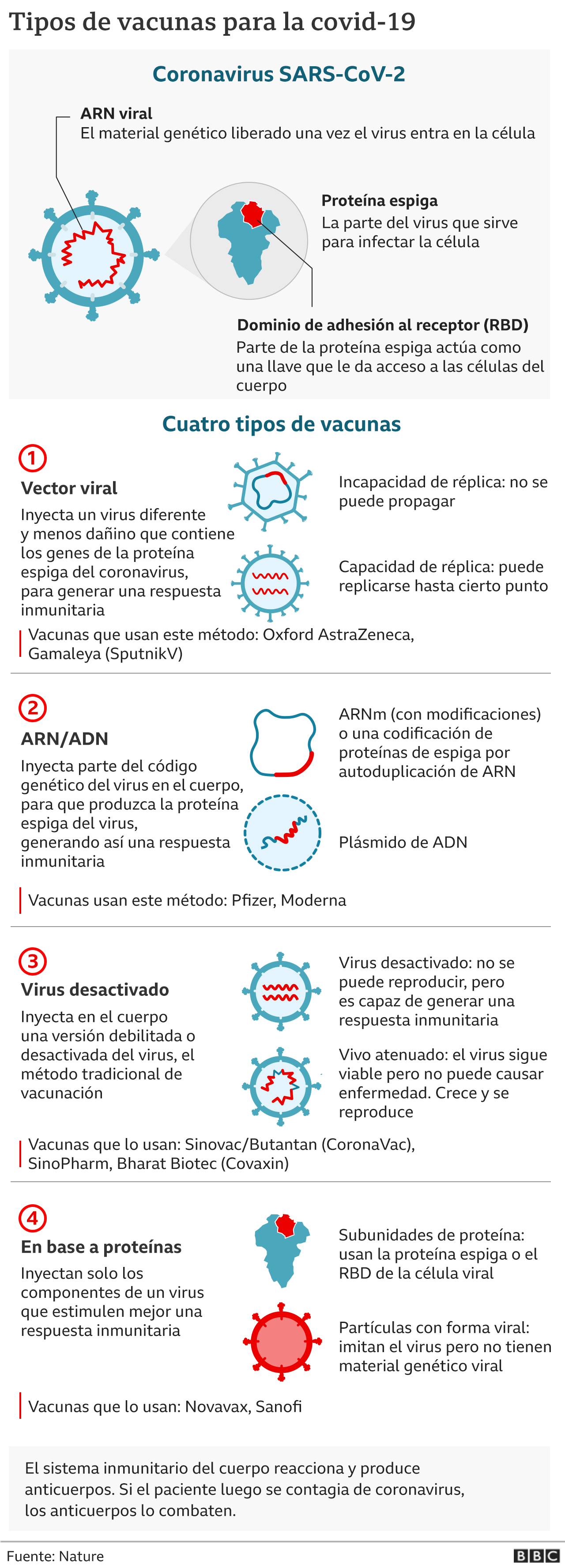 —
—
–
Which of these two types of immunity do covid-19 vaccines provide?
–
“In a nutshell, we do not know, because they are too new, “he says in an article by BBC Future Keith Neal, emeritus professor of epidemiology at the University of Nottingham, UK.
–
So far, the effectiveness of vaccines has been measured by their ability to prevent the development of symptoms, but still not enough data to find out if they are also able to avoid infection.
–
Some research, however, has already begun to measure whether vaccines can block infection, and experts hope that in the coming weeks and months more telling results will be obtained.
–
Recent studies of the vaccines from Oxford-AstraZeneca, Pfizer-BioNTech, and Moderna suggest that these vaccines may have the potential to reduce virus transmission.
–
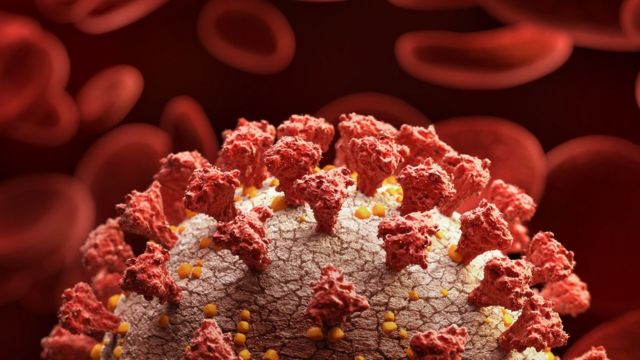
Image source, Getty
—
Vaccines are known to prevent a person from getting COVID-19, but it is not yet clear whether they prevent infection.
–
These studies, however, have limitations or are still under review. That is, your results are still they are not conclusive.
–
“We assume that all vaccines they are going to have a level of ability to block infection, “said Dr. Zulma Cucunubá, an epidemiologist at Imperial College London, on the #TuMundoBBC program at the end of January.
–
Cucunubá, however, warns that to have that certainty they lack more long-term trials and specifically designed to measure this ability to block infection.
–
Will getting vaccinated prevent you from infecting other people?
“The answer is: We do not know“, as indicated by the portal dedicated to the coronavirus of the Harvard University School of Medicine, referring to the lack of more data to give a definitive answer.
–
As this portal indicates, it is possible that a vaccinated person may have the virus replicating in your nose and throat, even if it is protected against disease.
–
Now, it is also possible that the immune response generated by the vaccine and that prevents the person from getting sick, also reduces the amount of virus in the nose and throat, to the point that it is unlikely to infect others.
–
But, once again, “we need more research to be sure “, indicates the Harvard portal.
–
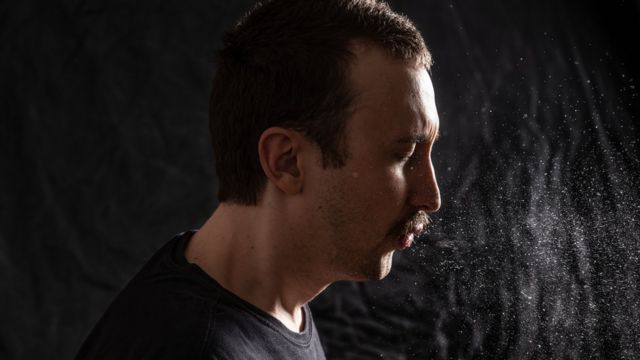
Image source, Getty
—
The coronavirus can be transmitted through the droplets that an infected person expels when talking, coughing or sneezing.
–
Finally, there are two other factors to consider.
–
The first is that no vaccine is perfect.
–
A vaccine that is 95% effective means that about 1 in 20 people who receive it may don’t get protection against the disease, according to the Johns Hopkins University coronavirus portal.
–
The second factor is that it may be the case, for example, of a person who without knowing it already is infected at the time of vaccination, so the infection could continue to develop even after receiving the vaccine.
–
Keep taking care of yourself and others
For all these reasons, experts insist that, even after getting vaccinated and while we do not have more information, we must continue to take precautions such as use of the mask and social distancing.
–
“If you are among the first groups of people to get vaccinated, it is better to keep wearing masks and keep your physical distance to protect other people who have not yet been vaccinated, “says the Harvard website.
–
But the ability of vaccines to block contagion not only determines how necessary it is that we continue to wear masks and social distance.
–
The type of protection of the vaccine directly influences the possibility of achieving the desired herd immunity.
–
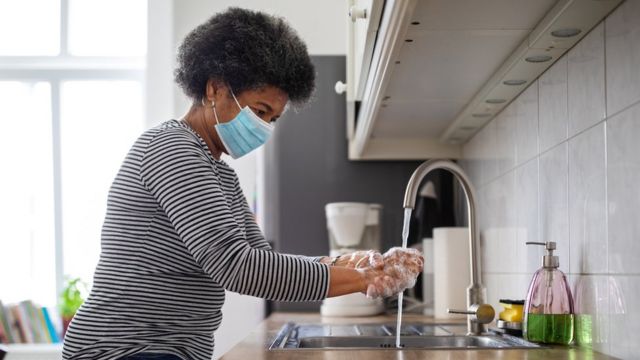
Image source, Getty
—
The use of the mask and the washing of hands help to prevent the contagion.
–
Herd immunity refers to the protection that a population achieves when a sufficient number of people are already immune to the virus, either because they recovered after being infected with the virus or because they were vaccinated.
–
Experts are still unclear what percentage of the population it would have to be vaccinated to achieve herd immunity.
–
What is clear is that “if vaccines do not completely stop transmission, the number of people we need to vaccinate will increase to truly cross the herd immunity thresholds and reduce cases to a level close to zero“Michael Head, a global health researcher at the University of Southampton, tells BBC Future.
–
A study from Imperial College London, for example, calculated that with a vaccine that is 100% effective in preventing transmission of the virus, it would need to be vaccinated between 60% and 70% of the population.
–
With a vaccine that is 80% effective in preventing transmission, the number of people vaccinated that would be needed it would increase to a range between 75% and 90%.
–

Image source, Getty
—
The efficacy and type of protection offered by vaccines determine the ability to achieve herd immunity.
–
Dr. Cucunubá warns that if the vaccines have only the ability to prevent the disease, but not to block the infection, the vaccines they could not lead us to herd immunity.
–
In the meantime…
Experts hope that in the coming weeks or months we will have more answers about the type of protection offered by vaccines against covid-19.
–
Until then, “it will be important for everyone to continue to use all available tools to help stop the pandemic, “according to the website of the Centers for Disease Control and Prevention (CDC, for its acronym in English).
–
That, in practical terms, means that it is important to wash your hands, wear a mask and keep your distance, even if you have already been vaccinated.
–
 —
—
–
Now you can receive notifications from BBC News Mundo. Download our app and activate them so you don’t miss our best content.
—
